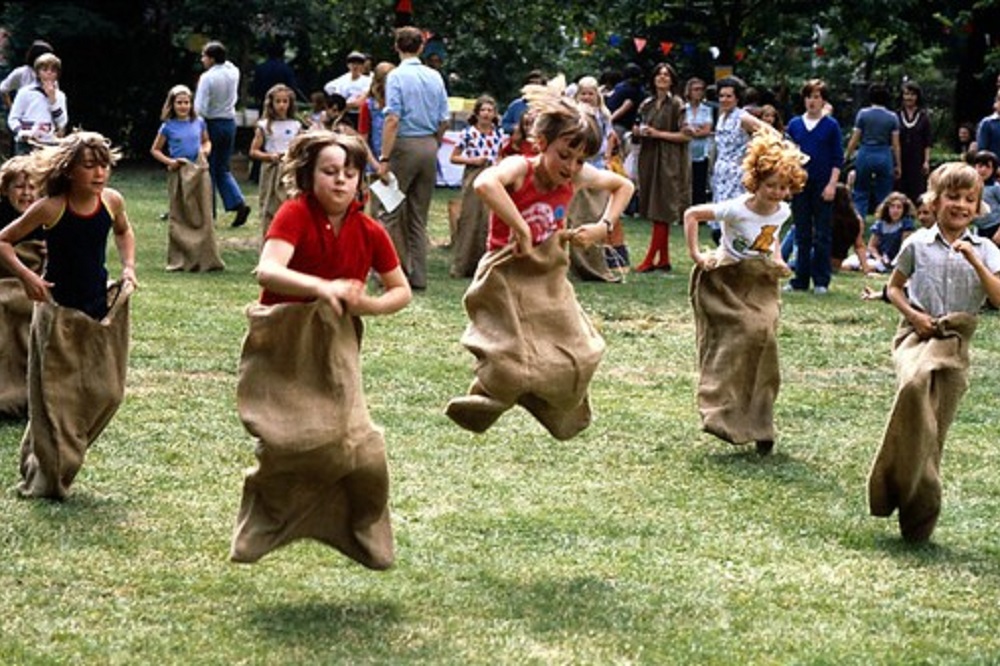New research confirms children in Wales are among the least fit in the world

Latest research shows that children in Wales are among the least fit in the world, with inequalities based on sex and deprivation contributing to the decline in fitness.
The study, from Swansea University, is one of 60 similar studies globally, comparing physical activity around the world.
Researchers measured activity in different settings including at home, in school and in the community, looking at influences and opportunities to be active, such as active transport and peer and family encouragement.
Drawing on evidence gathered through surveys and organisations such as Play Wales, Sport Wales and the National Dance Company of Wales, the research team found that less than 50% of 3- to 17-year-olds exercised the recommended 60 minutes a day, whilst among the 11- to 16-year-old age group this figure fell to just 20%.
The fourth Active Healthy Kids Wales report card has graded overall physical activity fitness levels at ‘F’ based on work done before the Covid pandemic.
In the previous report, published in 2018, the overall score for physical activity was a ‘D+’ and the authors say the evidence suggests that the situation has worsened since lockdown.
Wales received a better grade for PE and sport in schools where it was given a ‘B+’ but the amount of sedentary time children spent engaged in activities such as watching TV, playing computer games or using phones and tablets has led to the current overall ‘F’ grade.
Inequalities
Following trends in previous research, the report card also highlights widening inequalities in access and uptake of physical activity based on sex and socio-economic background.
Eighteen percent of boys reported engaging in moderate-to-vigorous physical activity (MVPA) in comparison to ten percent of girls, and boys reported more engagement (27%) in sport/exercise than girls (17%)
A fifth of eleven-year-olds reported higher levels of MVPA in comparison to one in ten 16-year-olds.
In less affluent families it was found that 12% of young people met the physical activity guidelines, compared to 17% in more affluent families.
Other studies suggest a reduction in physical activity amongst more vulnerable and disadvantaged groups which would subsequently further widen the health inequalities gap.
The report’s chief author, Swansea University’s Amie Richards, said: “Wales has some of the poorest levels globally of physical activity and time spent in inactivity.
“We are still working on comparing the most recent information from around the world.
“But there is strong emerging evidence worldwide that, unfortunately, children’s physical activity levels have continued to decline during the pandemic.”
“We hope that the results from this report card will be used to inform the decision making of policy makers, practitioners and educators to improve children and young people’s physical activity levels and opportunities and decrease physical activity inequalities.”
Barriers
Earlier this month, a Senedd Committee report called for a radical rethink to help people in the most disadvantaged areas of Wales take part in sport and physical activities.
According to the Culture, Communication, Welsh Language, Sport, and International Relations Committee, the situation continues to worsen as the cost-of-living crisis forces people to choose between sport or eating.
At the time, Committee Chair Delyth Jewell MS said: “The commitments the Welsh Government has already made are a good start but do not go anywhere near far enough.
“That is why we are calling for the introduction of a new, national approach for participation in sport and physical activity in disadvantaged areas.
“It will also require significant additional funding to tackle some of the biggest challenges highlighted in our report.
“But barriers to participation in sport are not only financial – that’s why we also want to see facilities opened up in schools and in Wales’s most disadvantaged communities.”
Support our Nation today
For the price of a cup of coffee a month you can help us create an independent, not-for-profit, national news service for the people of Wales, by the people of Wales.





